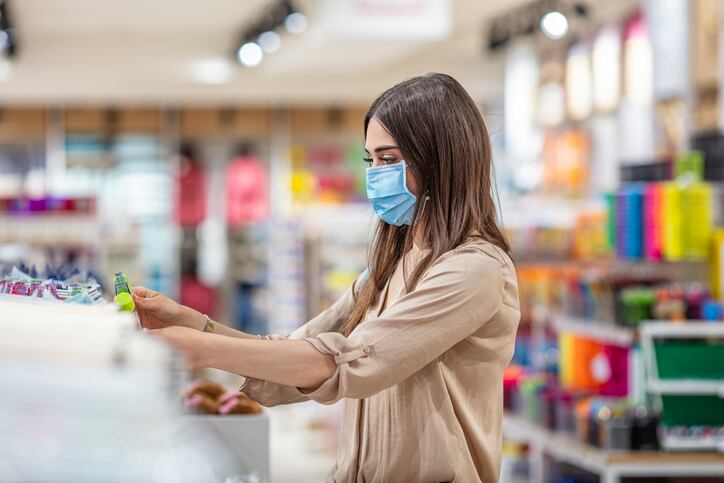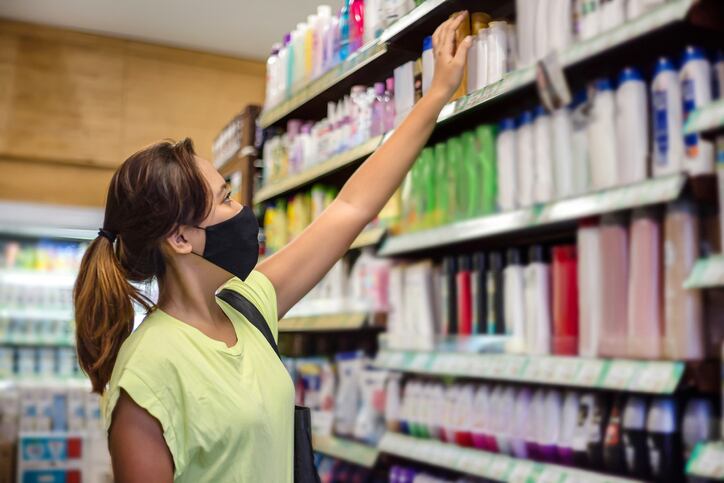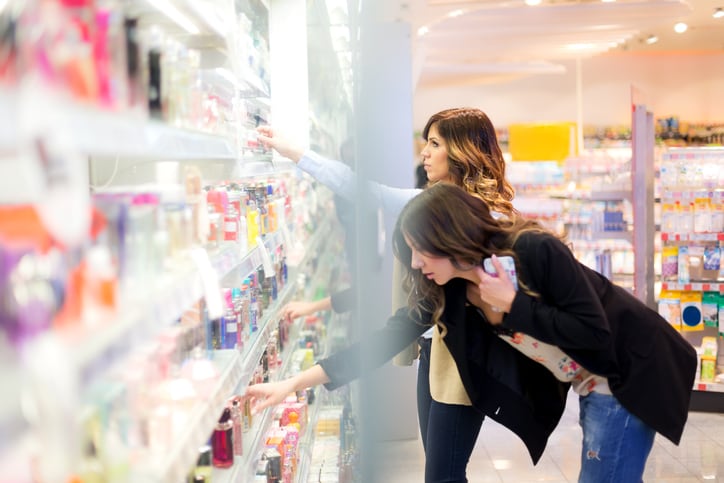The European consumer goods giant tallied up net sales of €13.5bn for Q3 2021, up 4% on the previous year. Unilever’s largest division beauty and personal care generated net sales of €5.69bn, up 6.4% on the previous year, whilst home care turnover rose 1.7% and foods and refreshment net sales were up 2.7%.
Globally, the largest rise in turnover for Q3 came from the Americas region, up 9.2% on the previous year at €4.36bn. Net sales in Europe were up 1.7% and up 1.8% in Asia, Africa, Middle East, Turkey, Russia, Ukraine and Belarus.
Unilever’s total underlying sales growth for Q3 [turnover growth excluding acquisitions, disposals, changes in currency and price growth] was up 2.5% on the previous year, with price growth up 4.1% and volume growth down 1.5%. Across the business, e-commerce soared 38%, now representing 12% of total sales.
Alan Jope, CEO of Unilever, described the results as a “good quarter against strong comparators”.
“The combination of our strategic choices and focus on operational excellence continue to drive competitive growth,” Jope said.
Unilever would continue to focus on its three priority markets moving forward – the US, India and China, each of which “grew strongly” during Q3, the company said.
Cost inflation still at ‘strongly elevated levels’
However, he said the business was still facing “strongly elevated levels” of cost inflation, set to continue into next year.
“We have and will continue to respond across our categories and markets, taking appropriate pricing action and implementing a range of productivity measures to offset increased costs. We continue to expect that we will deliver in line with our margin guidance of around flat for the full year.”
Unilever said it had already “increased pricing” in response to commodity inflation across categories and regions in beauty and personal care. The same could be said for home care, particularly in Latin America, South Asia and Turkey.
This week, fellow personal care giant Procter & Gamble (P&G) also acknowledged cost issues, announcing price hikes across its global portfolio to offset rising commodity and freight costs.
Raw material costs ‘plaguing’ beauty and personal care
Commenting on the results, Carmen Bryan, consumer analyst at GlobalData, said the cost environment had certainly proven tough for Unilever, as it had for others.
“Unilever’s focus on investments and divestments has really paid off, helping support the company through rocky waters. However, the price inflation of raw materials currently plaguing the industry will dampen the company’s success, impacting investor confidence in the long term,” Bryan said.
“The company is particularly challenged by the inflationary pressures, as a sizeable portion of its business is focused on ‘emerging markets’. The company will be forced to pass the costs on to the consumer. This will tighten Unilever’s margins over the next year, as many people worldwide are still under financial pressure following the COVID-19 health crisis,” she said.
According to GlobalData, 30% of consumers worldwide were extremely concerned about their personal financial situation. Bryan said because of this it was likely beauty and personal care consumers would opt for DIY beauty regimes versus premium spends in the future as people “tighten the purse strings”.
“…The company will want to strike a balance between a purpose-led business model and profits in order to keep investors and consumers happy in the coming year,” Bryan said.




